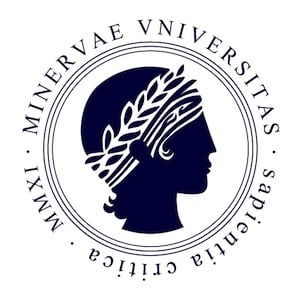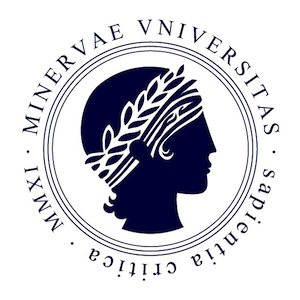
As talk about online education ramps up nationwide, The Minerva Project aims to present a new model of higher education.
With Stanford professors Andrew Ng and Daphne Koller launching online education start-up Coursera while on sabattical and Stanford artificial intelligence professor Sebastian Thrun curbing his Stanford involvement to start Udacity, an online university, Stanford constituents are heavily involved in determining the future of online education. The Minerva Project presents an alternative model with a mixed online and physical presence that could challenge these Stanford initiatives down the road.
The project recently received $25 million in funding from venture capital firm Benchmark Capital. The company is currently generating its video lecture content and hopes to accept its first class of students to begin instruction in fall 2014.
“Our mission, the reason I founded Minerva, the reason we exist, is to accelerate the life trajectory of the smartest, hardest working students in the world,” said Ben Nelson, CEO of The Minerva Project. “Because of the capacity constraints of elite universities, the world is losing out.”
Minerva hopes to leverage new technological capabilities to create a new pedagogical model: a four-year, residentially based university of elite students where lectures are delivered by video and subsequently dissected and discussed by intimate seminar groups, led by teachers who have completed doctoral degrees.
“Why should we charge students for things that are out there for free, at an incredibly high quality?” Nelson said. “We want to teach students only how to think and how to do deep analysis.”
Nelson said his curriculum will be based on four “pillars”: empirical, theoretical and systems analysis, complemented by communications.
The first year of a Minerva education would entail a core curriculum with no electives.
“[The classes] would be less about knowledge and more about thinking,” Nelson said. Although Minerva would offer degrees in subjects similar to those available at existing universities, the implementation of the educational experience would be almost entirely different than what is currently available.
The next two years would build on this foundation, and the fourth year would be a capstone year in which the knowledge and skills are integrated into a project, depending on the students’ domain of choice.
Minerva’s plan includes physical campuses in metropolitan areas, but students will be encouraged to rotate their living environments and engage with their chosen living place as a campus, according to Nelson.
The lectures will be delivered by video and will be specifically designed to optimize the discussion environment Minerva will create. Groups of 10 to 25 students in the presence of a teacher will pause videos sporadically to discuss what the virtual lecturer has just explained.
“We will never make you watch a class that you can simply consume,” Nelson said. “The recorded lecture is only there to curate discussion.”
Computer Science Professor Yoav Shoham, who currently co-teaches an online course on game theory to an audience of around 60,000 people around the world, said he “think[s] that this is the decade in which higher education is going to undergo significant change. How it will happen, or what the end result will be, is unclear.”
Shoham is particularly concerned with Minerva’s proposed timeline of growth.
“To build an excellent institution takes decades, at least, if not centuries,” Shoham said.
For this reason, Shoham said he does not believe that elite universities such as Stanford should feel threatened, especially if they adapt to the disruption that new models of education create.
“This model will really affect the future of the community colleges and other such institutions,” Shoham said.
Nelson said that a comparison to Stanford is irrelevant.
“We don’t need to compete with one another. Different students thrive in different environments, and Minerva is serving a particular breed of students,” he said. “The talent pool is enormous, and our target audience is that global, brilliant middle class.”
Critics, including Shoham, have argued that Minerva’s model will lose out on the “interactions between student and teacher.” Nelson conceded this point, but challenged its relevance.
“When I was at Penn,” he said, “I had three classes over four years which really changed me and which I would not be able to replicate at Minerva. But at the same time, I had about 20 or so which I could not only replicate, but improve.”
Shoham said that the potential for disruption in online education leaves any possibility on the table.
“I do think that there will be new models of higher education that will rise to complement existing ones,” he said.
